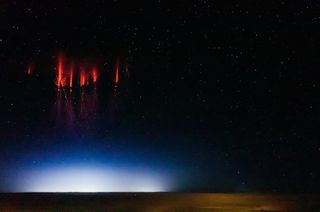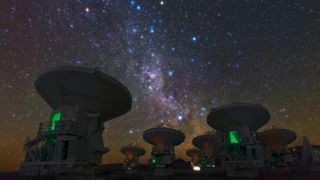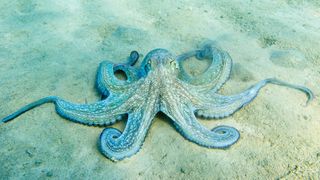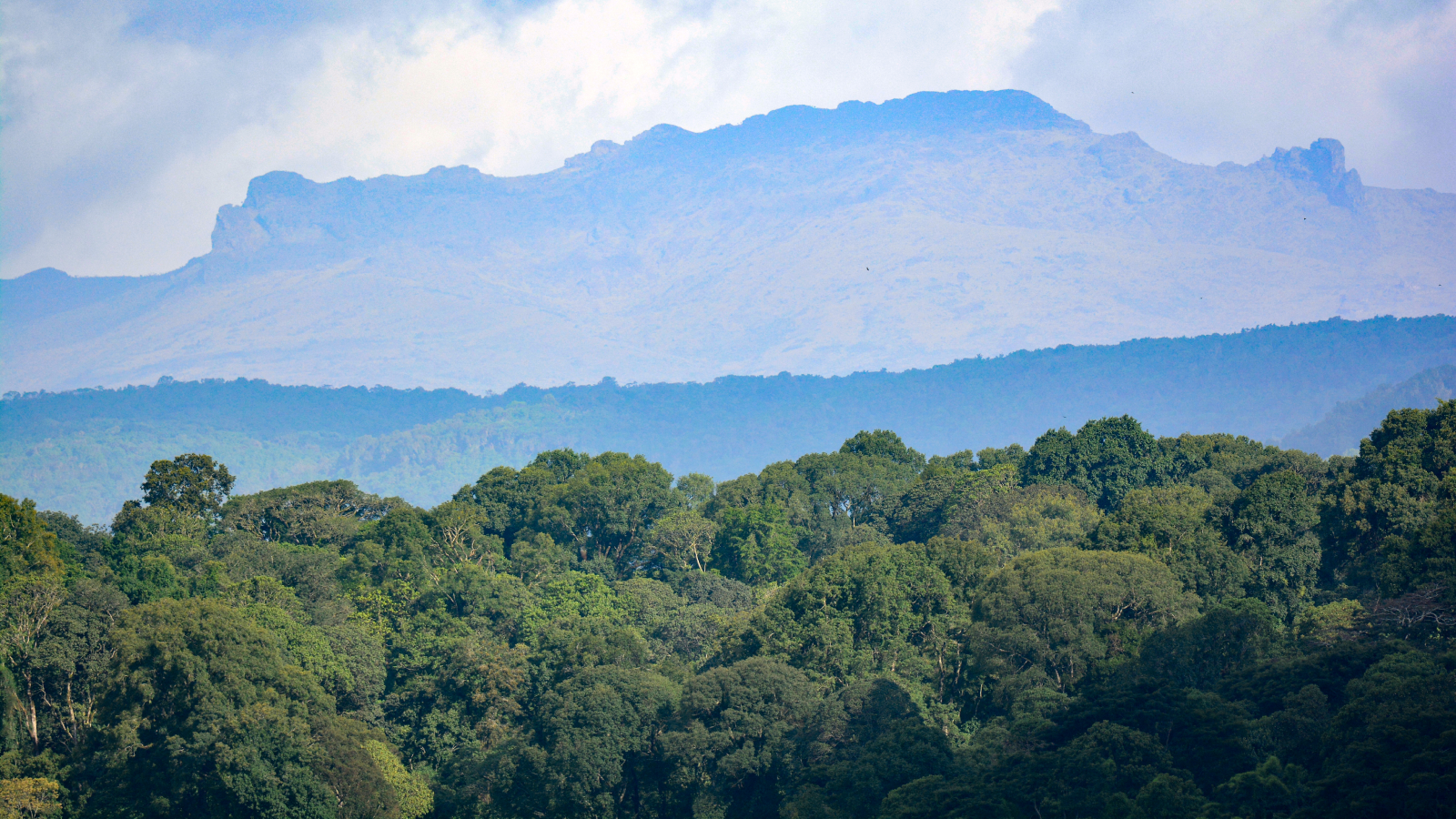light
Latest about light
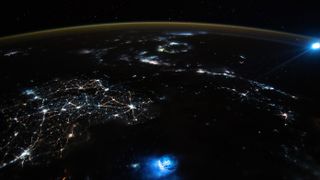
Bizarre blue blobs hover in Earth's atmosphere in stunning astronaut photo. But what are they?
By Harry Baker published
An astronaut onboard the ISS recently captured a peculiar image of Earth with two unrelated blue blobs of light shining in the planet's atmosphere.
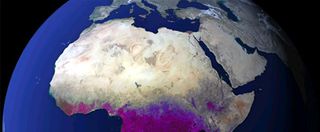
Early Earth Was Purple, Study Suggests
By Ker Than last updated
The planet might once have been dominated by microbes that used a molecule other than chlorophyll to harness Sun’s rays.
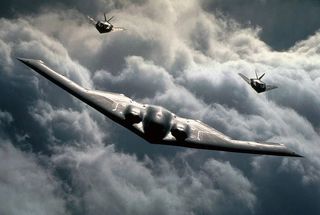
New Material Could Make Objects Invisible
By Robert Roy Britt last updated
Scientists have taken another step toward the goal of rendering objects invisible using high-tech cloaks that redirect light.
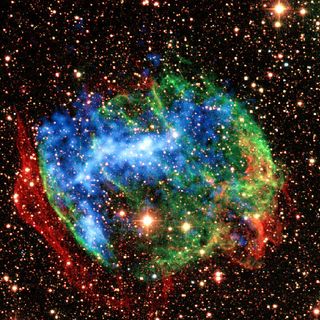
Search is on for Hot Young Stars
By Tiare Devenot last updated
An astronomer uses gamma ray bursts to shine a light on outer space.
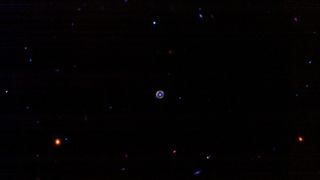
Stunningly perfect 'Einstein ring' captured by James Webb Space Telescope
By Harry Baker last updated
A new image using data collected by NASA's James Webb Space Telescope shows off one of the most perfect "Einstein rings" ever captured.
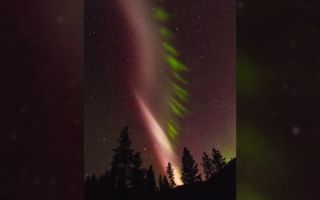
Mystery of Weird Sky-Glow Named 'STEVE' Finally Solved
By Mindy Weisberger last updated
Enigmatic STEVE is somewhat like an aurora...and somewhat different.
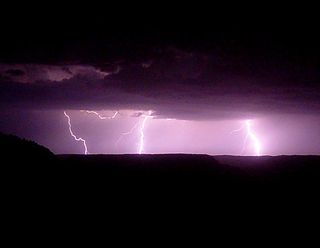
Video Reveals 'Sprite' Lightning Secrets
By Dave Mosher last updated
Ultra-fast, ultra-bright sprites caught forming in the act.
Get the world’s most fascinating discoveries delivered straight to your inbox.


